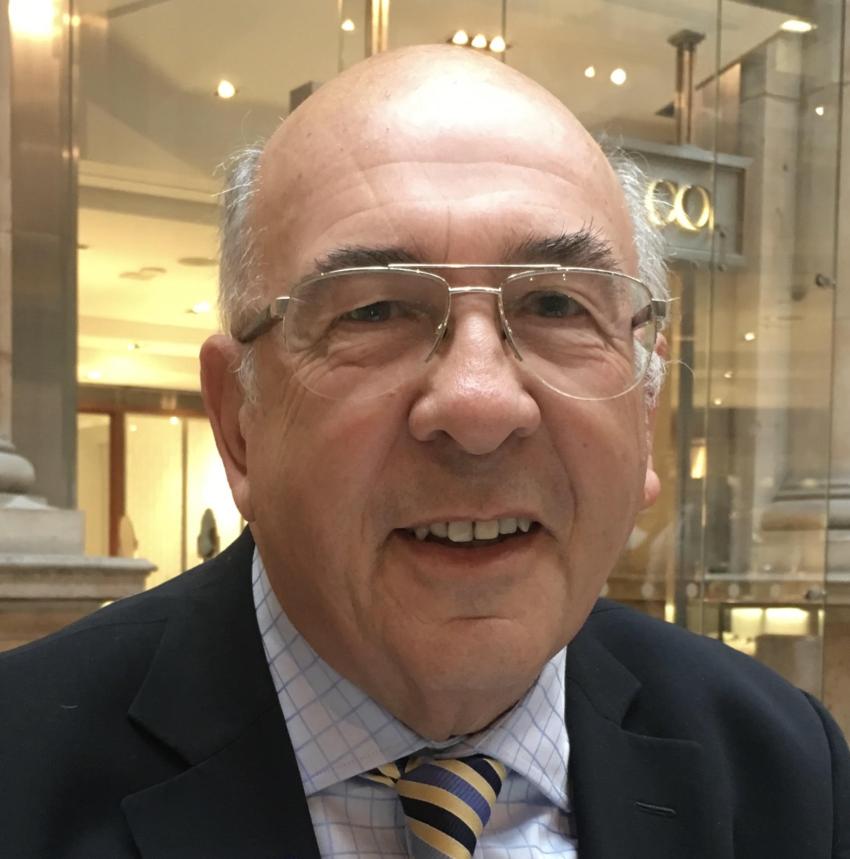Two Fellows of the Royal Astronomical Society received awards in the first Birthday Honours announced by King Charles III.
Professor Garry Hunt is made an Officer of the Order of the British Empire (OBE) for his services to Space Science and Business. He became a Fellow of the RAS in 1967.
Hunt completed his first degree and PhD at University College London, before moving to the University of Oxford in 1966, taking up a post as a research fellow in atmospheric physics. His skills were quickly recognised by NASA when in 1972, when he was selected in an open, global competition, to join the team for the Voyager missions, which launched in 1977, travelling to the outer solar system, and then interstellar space, and still send signals to Earth. Hunt has been a strong champion for space exploration throughout his career providing mentorship and popularising science in science on TV and radio across four continents.
He subsequently turned to a business career, and worked alongside this in a voluntary capacity as a Freeman of the City of London and Liveryman of the Worshipful Company of Information Technologists.
Guy Hurst, the President of Basingstoke Astronomical Society, receives the British Empire Medal (BEM) for his services to amateur astronomy. Hurst’s RAS Fellowship dates from 1971. Over the course of the five decades since then, his contributions include creating the Nova / Supernova Patrol to search for exploding stars, serving as the editor of The Astronomer, which circulates rapid alerts of astronomical discoveries to active observers in 20 countries, being President of the British Astronomical Association from 2000 to 2002, making more than 50,000 observations of variable stars, and giving talks to more than 200 local astronomical societies. Hurst presented his work at a NASA conference in 2000.
RAS President Professor Mike Edmunds said: “It is very good to see two Fellows of the Society being honoured. One is a professional space scientist and businessman, and the other a tutor and amateur astronomer in the true enthusiast sense of the word. The study of space and astronomy benefits us all, and here we have welcome recognition of the very different ways in which remarkable individuals can make a real contribution.”


